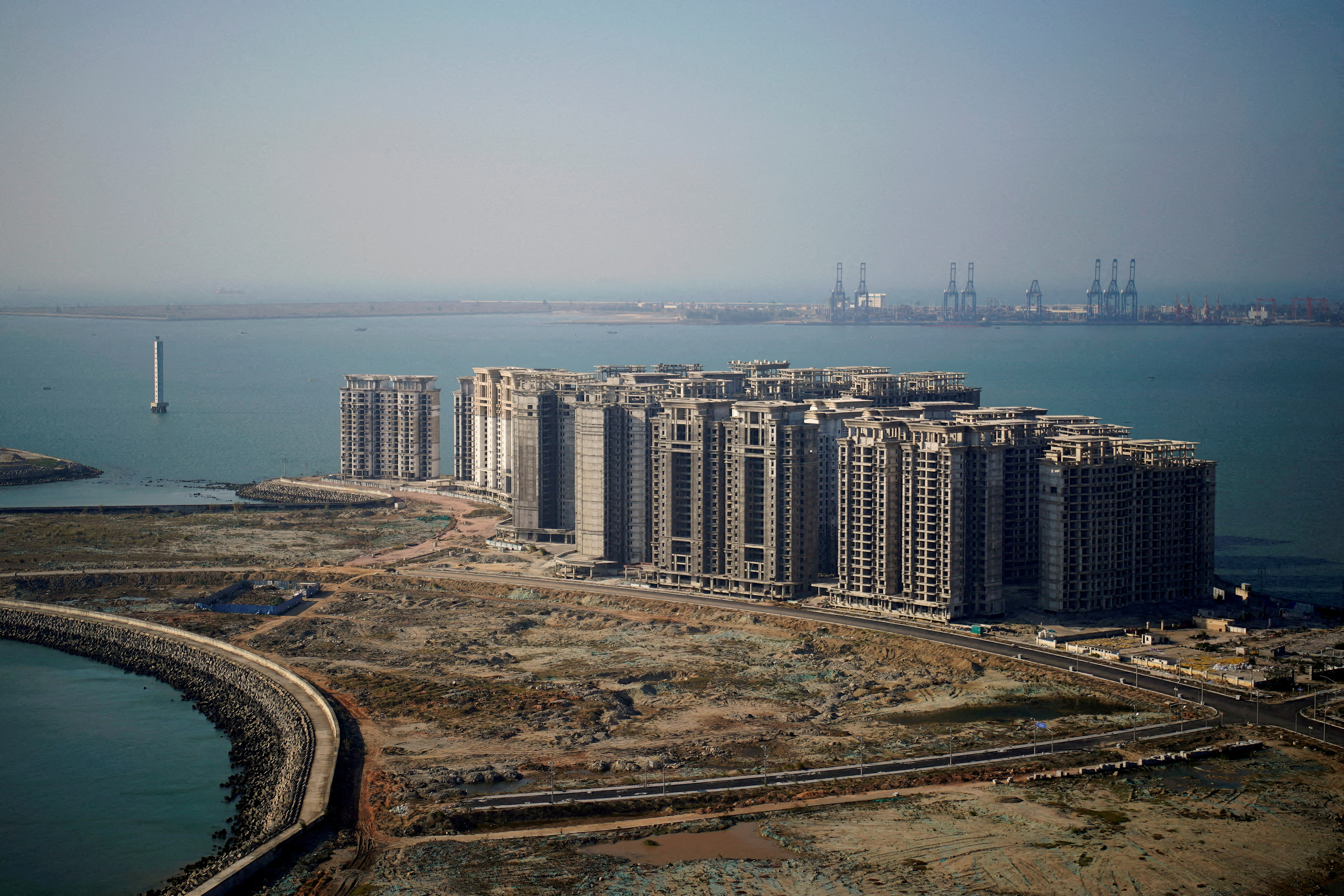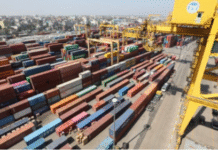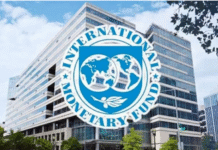
An aerial view shows the 39 buildings developed by China Evergrande Group that authorities have issued demolition order, on the man-made Ocean Flower Island in Danzhou, Hainan province, China January 6, 2022. REUTERS/Aly Song/File Photo Acquire Licensing Rights
China’s post-lockdown economic boost lost momentum earlier than expected, the IMF said.
Meanwhile the strength of the U.S. economy has offered less support to Asia than in the past because it has been focused on the service sector, which does not fuel demand for exports, the Fund said in a blog on the region’s outlook.
“On the downside, a more protracted real estate crisis and limited policy response in China would deepen the regional slowdown.”
In its World Economic Outlook released during the annual IMF meetings in Marrakech this week, the IMF cut next year’s growth estimate for Asia to 4.2% from 4.4% projected in April, and down from 4.6% forecast for this year.
While Asia is seeing inflation moderate sooner than other parts of the world, central banks there should not rush into cutting interest rates as core inflation remains “a bit sticky”, Srinivasan said.
“Central banks should stay the course,” he said, adding the conflict in the Middle East could be among factors that could push up inflation.









